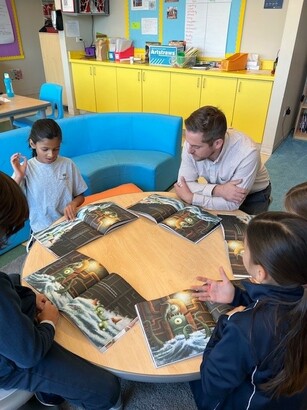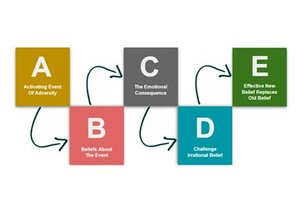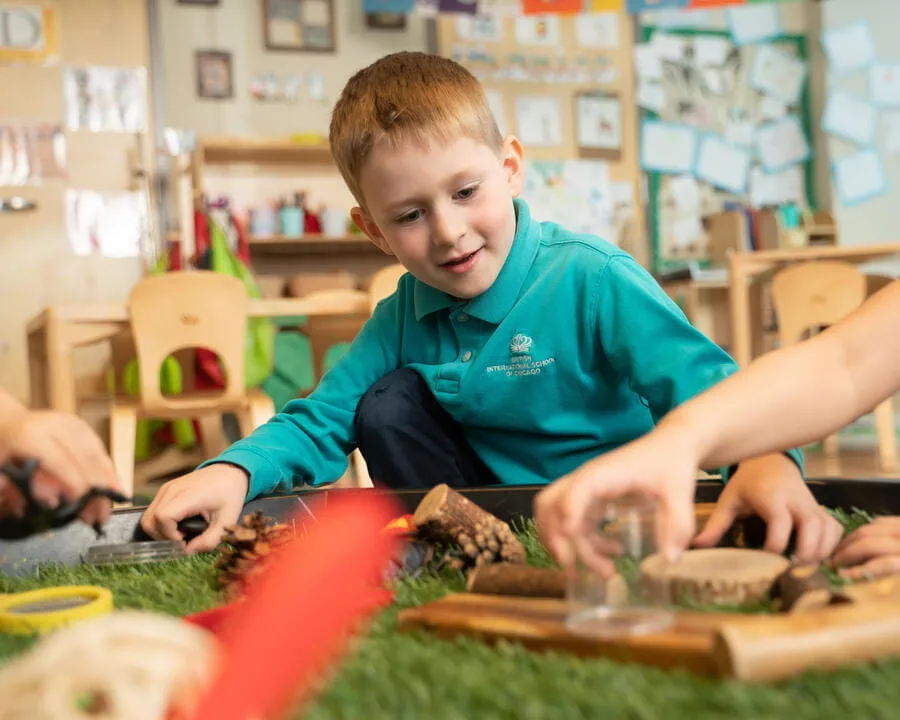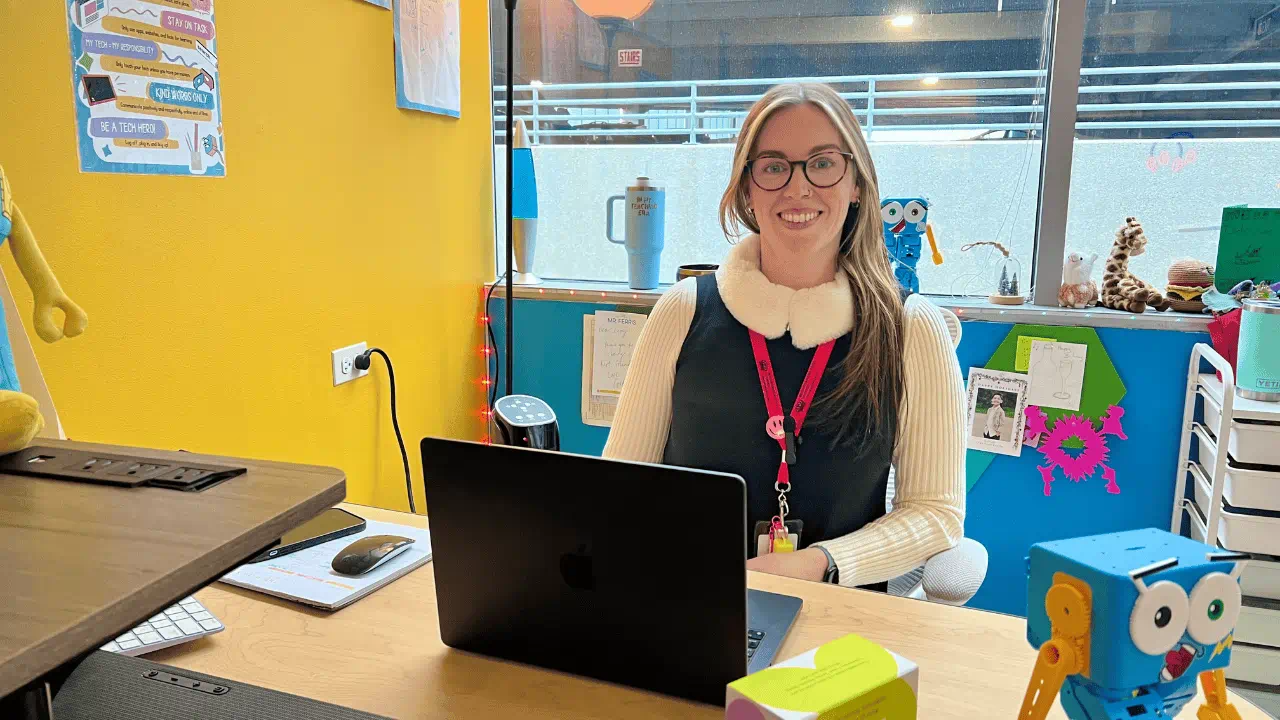Ever since I began my teaching career, the word ‘resilience’ has cropped up on numerous occasions when speaking about a child’s learning or experience in school. As educators, we crave for our children to be resilient so that they can overcome academic and social challenges, preparing them for a society where they are going to face numerous obstacles daily.

However, in his poem, Paradise Lost, John Milton says, "The mind is its own place and in itself can make a heaven of hell, a hell of heaven." As we all know, our mind has a unique way of conspiring against us and when negative thoughts or self-talk creep in, our resilience or willingness to push through adversity is diminished. One of the reasons for this is when you are stressed, you don’t have access to your prefrontal cortex - the part of our brain that helps us make good choices.
The wonderful thing is that there are a host of strategies that can be utilized to develop our resilience, and they could be useful for both the children and adults in your life.
ABCDE – Real Time Resilience
The key thing to remember when talking about resilience is that it is simply a matter of controlling spiraling negative thoughts, reframing the way you think about them and then taking steps with that new information. That can be easier said that done. That is why having a framework or plan to follow when such instances arise can be a useful tool for practicing resilience. The ‘ABCDE’ cognitive behavioral therapy model is one such method.
Firstly, it is important to be aware of the stress you are facing. Start by identifying the ACTIVATING EVENT (A). When you are aware of this, it can then help you to tune into the mind chatter or BELIEFS (B) that arise from that activating event. This in turn allows you to challenge the CONSEQUENCES (C) of those beliefs caused by the adversity.
Let’s look at a fictional example. Billy has a math test. He comes to a question that he can’t do and starts to panic (ACTIVATING EVENT). His mind chatter kicks in (BELIEFS). ‘I will never get this right’. ‘My teacher will be angry at me’. ‘I am just not good a math’. ‘My friends think I am stupid’. As a result, Billy performs below his expected standards in the test. His confidence is destroyed, and by the time the next math lesson comes around, his engagement and enthusiasm for the subject is at an all-time low (CONSEQUENCE).
To counteract this, Billy must first be aware of the mind chatter and then it’s time to DISPUTE (D). This is where he questions the thought in real time. Let’s continue with the example below.
Billy says to himself, ‘I will never get this right’.
He can DISPUTE this by saying, ‘Another way of looking at it is that I won’t get this right today, but I can go home and practice and give myself a better chance of getting it right next time.
Billy says to himself, “I am just not good at math’.
He can DISPUTE this by saying, ‘That’s not true because I got full marks in a test last week’.
Billy says to himself, ‘My friends think I am stupid’.
He can DISPUTE this by saying, ‘STOP! My friends don’t care how I did in the math test, and there is probably somebody in this class who is finding this question as difficult as me.’
As you should be able to see, the talk back sentence starters in bold above could be applied to a variety of scenarios for children and adults. Using them will lead to EFFECTIVE (E) new consequences thus creating a brighter outlook of the problem.
Like many exercises relating to positive thinking, there is no magic trick when it comes to resilience. It is a skill that needs to be practiced and developed. And there also needs to be an understanding that it might not work every time. As a result, you may need to sit with that negative feeling until it moves through you, and that is okay.
Negative emotions play a role in our lives. It is only when we get stuck in them that they can start having detrimental effects. Noticing them is the first step and then doing something about them can aid massively, and in hopefully lead to a more positive future for us all where we flourish and become our best selves.

Image Source: https://mickscotraining.co.uk/
Stephen Feeney, Year 5 Teacher
![Resilience can be as simple as your ABCs - Resilience can be as simple as your ABCs]()






.png?h=720&iar=0&w=1280&rev=090f6aaff5c74988877e2316da2721d6&hash=9F6607FE7CEF7D53B17FB2A670C742F3)

.png?h=720&iar=0&w=1280&rev=2320179e8a134c80a30f57aa0014926d&hash=C88687BFC84BE1EAFF593CD797B94013)
/blog-banner-1280-x-720.png?h=720&iar=0&w=1280&rev=16a05aefba4045d9990a53f442785685&hash=6B05FC5D5038D38284BABCEC2067DB8E)